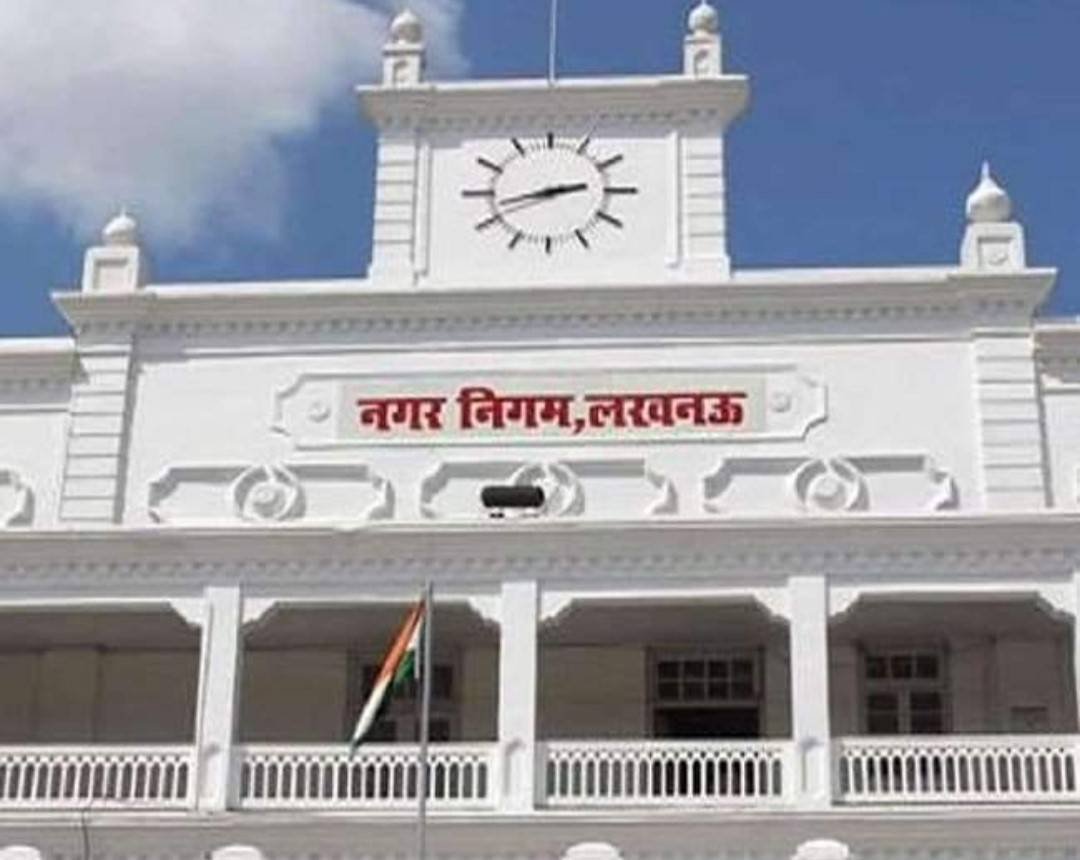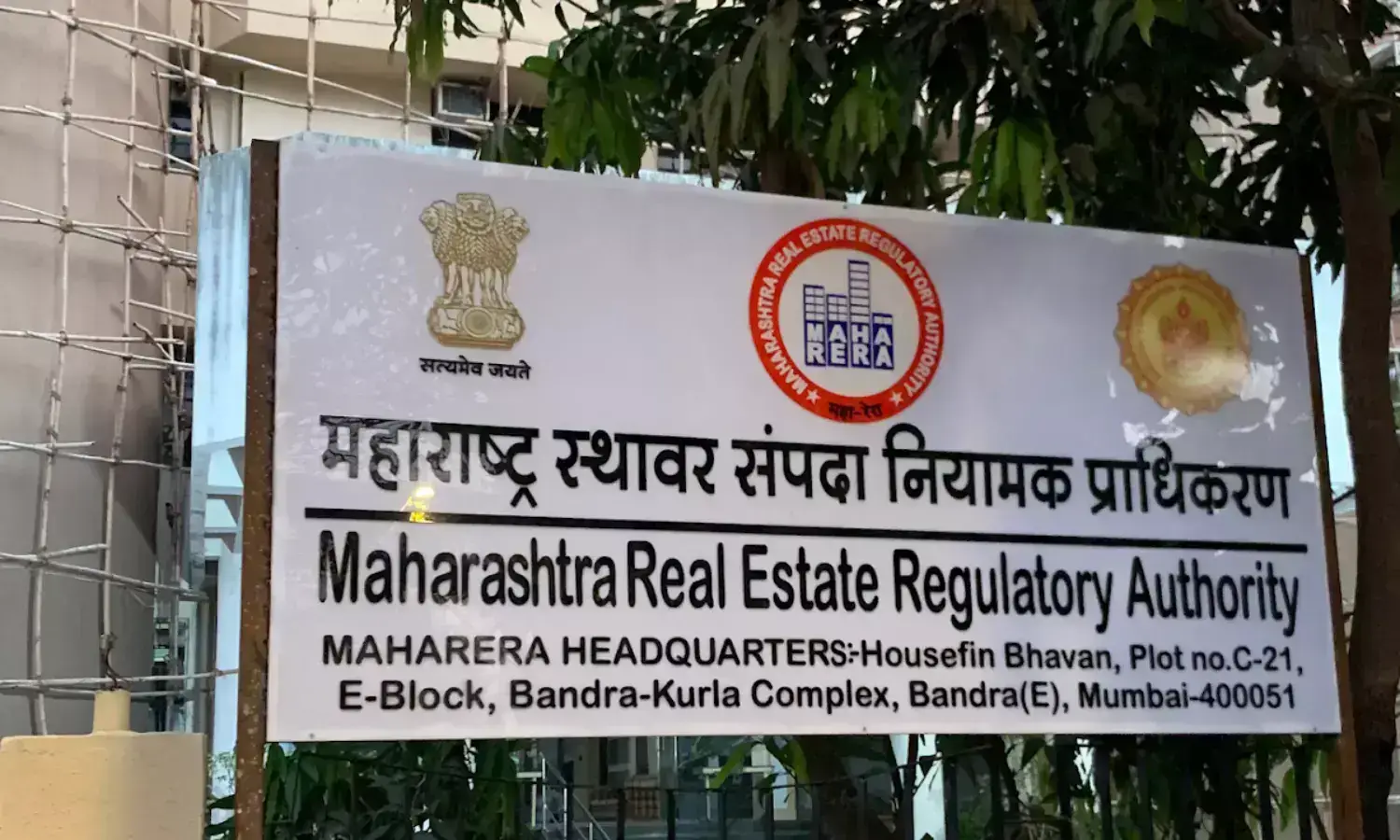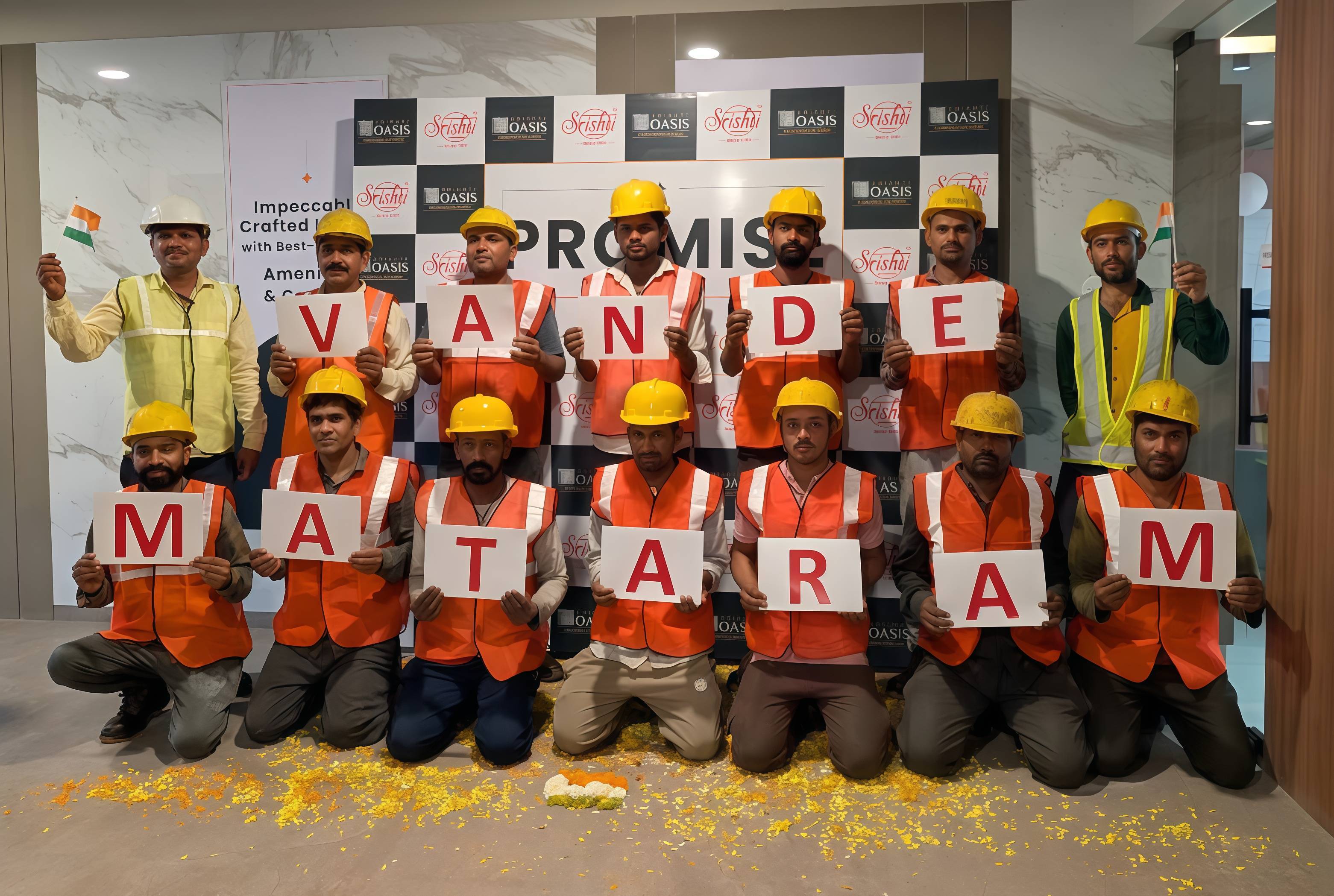The Lucknow Municipal Corporation (LMC) is planning to introduce significant changes to the mutation charge structure, aimed at relieving property owners of the hefty fees they currently face. Mutation charges, which are required to update property ownership details in municipal records, are presently set at 1% of a property's value. This system means that owners of high-value properties, such as those worth Rs 1 crore, must pay as much as Rs 1 lakh in mutation fees. To address this financial burden, the proposed revision from the LMC suggests capping mutation charges at a maximum of Rs 15,000, regardless of property value.
Currently, the mutation fee structure is widely regarded as unfair, especially in a city like Lucknow, where real estate prices have been increasing steadily. The existing percentage-based system has been criticized for placing an outsized financial strain on property owners looking to update ownership records after purchases, inheritance, or other changes. In response to this, the LMC is proposing a tiered fee system that is expected to offer more relief and fairness to property owners, particularly those holding high-value properties.
The proposed shift reflects broader changes directed by the state government. Last year, the Uttar Pradesh government advised municipalities to reduce mutation charges to lessen the financial pressure on citizens. In line with this, the government recommended that municipal bodies, including the LMC, follow the example of the Lucknow Development Authority (LDA) and the Housing Development departments, both of which have set a maximum mutation fee of Rs 10,000. However, the LMC's new proposal of capping charges at Rs 15,000 exceeds the Rs 10,000 limit applied by these other authorities, which could raise concerns among property owners and other stakeholders.
The new fee structure is expected to be based on property values, with different rates for various value ranges. This would replace the current flat percentage system, which many believe to be too burdensome for owners of high-value properties. The mayor of Lucknow, Sushma Kharakwal, has stressed the need for a well-structured and transparent system that ensures fairness while allowing the municipal corporation to generate the revenue needed for its operations.
Since 2014, the LMC has used a slab-based fee system, but the proposed revision aims to address ongoing issues with fairness and affordability. Despite the potential benefits, many councillors and stakeholders are expected to voice their concerns during the upcoming executive committee meeting. They may argue that the maximum proposed charge of Rs 15,000 is still too high, especially when compared to the Rs 10,000 limit enforced by the LDA and other development bodies. For example, while capping the mutation fee at Rs 15,000 might offer some relief compared to the current percentage-based system, it still surpasses the limits set by other local authorities, which could lead to dissatisfaction among property owners.
Councillors are likely to question why the LMC is proposing higher mutation fees than those adopted by the LDA and Housing Development departments. They may also argue that property owners should not have to pay more in fees than their counterparts under other authorities, especially when the state government has explicitly recommended reducing these charges. Property owners and legal experts have already voiced concerns about the fairness of the proposed maximum charge, suggesting that while the tiered system may be a step in the right direction, it still does not align with the lower cap set by the LDA and Housing Development departments.
The executive committee meeting, where this proposal will be discussed, is expected to be a platform for both support and criticism. Many councillors may argue that the Rs 15,000 cap should be reduced to match the Rs 10,000 limit imposed by other authorities, as this would ensure consistency and fairness across different property management bodies in Lucknow. Additionally, property owners are likely to advocate for a system that does not unfairly penalize them simply because their properties are of higher value.
Image source- facebook.com









